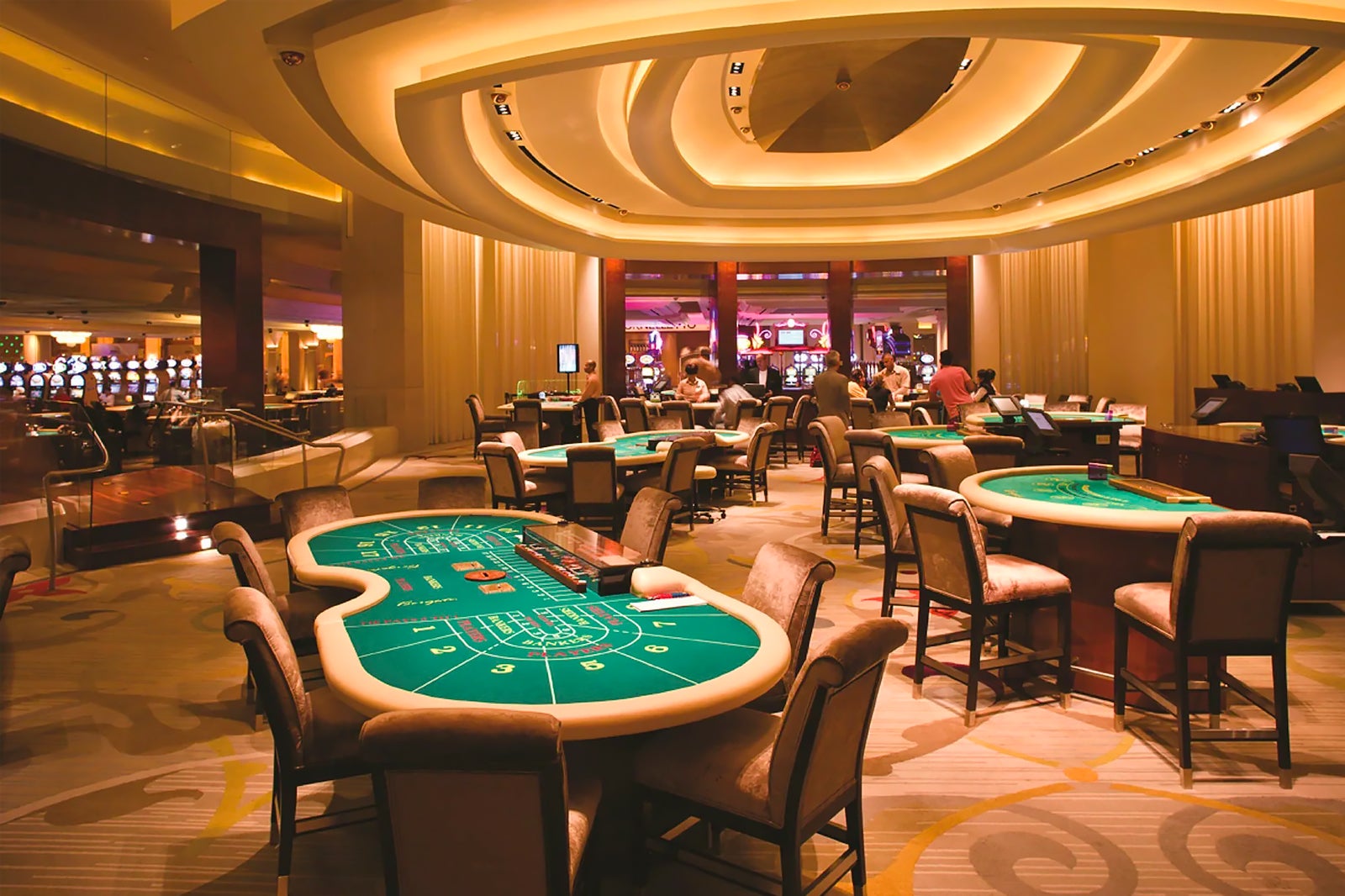
When we think of gambling activities, the first images that often come to mind are those of rotating roulette wheels, poker tokens clattering on felt tables, and dice flying across a betting surface. While many consider these games as simple hobbies fueled by luck, a more profound exploration reveals a captivating blend of strategy, expertise, and community engagement that raises them far beyond basic luck. Whether you are a seasoned player or a curious newcomer, understanding the subtleties of these activities can greatly enhance your enjoyment and appreciation.
Gambling activities have evolved over centuries, with different cultures contributing to their diverse backgrounds and variations. From the intricate tactics of 21 to the deception tactics in poker, players engage in a contest of wits as much as a risk on odds. This dynamic interplay between chance and skill creates a exciting atmosphere that draws millions to casinos worldwide. As we explore the realm of table games, we will uncover the strategies that can shift the odds in your favor and the social aspects that make these games a favored choice for leisure and engagement.
A Approach Behind Casino Gaming
Table games often combine a blend of skill and chance, making them fascinating for participants who like a test. Each title has its unique set of guidelines and strategies that can influence the results. For instance, in games like blackjack, players are obliged to use strategies like counting cards and grasping the odds to make smart decisions. This skill set can greatly improve the winning potential, distinguishing seasoned participants from novices who may rely solely on chance.
Conversely, titles such as roulette may seem to be purely based on chance, but strategic thinking can also come into play. Players can choose between different wagering tactics, such as the Martingale strategy, where they raise the bets after losses. This approach can create a more methodical way to the activity. Grasping the probabilities of specific bets can also assist players make smarter decisions on the table, showcasing that even titles of chance, strategy can enhance the enjoyment.
Additionally, the game of poker is notable as a title that heavily emphasizes tactics. In contrast to most casino games, the game of poker merges skill, mental acuity, and chance. Players must not only focus on the hands they are given but also consider their rivals’ actions and wagering patterns. Mastering concepts like table position, the odds of the pot, and reading bluffing is crucial for winning. This depth of tactics in the game of poker often creates to a more engaging encounter for participants, where the choices and skills significantly affect the game’s results.
Comprehending Likelihood and Ratios
In the realm of casino activities, likelihood and odds play a critical role in deciding a gambler’s potential consequences. Every activity has its own set of guidelines that dictate how the probability of winning or failing is calculated. For instance, in games like 21, participants have a opportunity to influence their odds through strategy, whereas in matches like the wheel, the results are entirely dictated by chance. Grasping how these chances are calculated can greatly impact how a player deals with the match.
Odds are typically shown in two forms: ratio and numeric. Fractional ratios represent the ratio of the sum gained to the amount staked, whereas numeric ratios show the total return for a winning wager, which includes the initial bet. For example, if a game has odds of 5 to 1, this means that for every one dollar bet, a gambler could win five dollars if successful. Knowing how to interpret these ratios allows players to evaluate their potential earnings and formulate more wise choices during play.
Players should also be aware of the casino advantage, which is the casino’s built-in benefit over the players. Each game has a different advantage, and grasping this idea is essential for handling one’s expectations and funds. Games with a lower advantage, such as blackjack and baccarat, typically offer better odds for gamblers compared to activities like slot machines and lottery. By recognizing the relationship between probability, odds, and the casino advantage, gamblers can improve their gaming engagement and strategize more efficiently.
The Aspect of Table Gaming
Table games at gaming establishments are often seen as a center of community engagement, drawing participants together in a collective experience that goes far past the mere act of playing games. The atmosphere at a blackjack table can be vibrant, with players engaging not only with the game itself but also with one another. Joy, excitement, and, sometimes, friendly banter create connections that enhance the overall experience of the gaming experience. This communal aspect can turn a alone endeavor into a lively gathering, making table games particularly appealing.
One of the intriguing elements of gaming at tables is the way it cultivates camaraderie among players. Whether it’s teaming up to defeat the dealer at a craps table or sharing stories between hands in a poker game, the environment encourages communication. Participants often share tips or strategies, creating a sense of togetherness that enhances the fun. https://du88k.com/ This interpersonal atmosphere can make new gamblers feel welcomed and less intimidated by the competitive nature of casino games. As the game progresses, friendships may form, leading to a sense of connection that keeps players returning to the table.
Moreover, the social aspect of table gaming extends beyond just the participants. Dealers play a vital role in encouraging interaction and maintaining the flow of the game. Their ability to engage players with warm dialogue and their expertise in managing the table can create an inviting atmosphere. This relationship between participants and staff adds another layer of enjoyment, where players feel connected not only to each other but also to the staff. Such interactions are often what make the experience memorable, as players leave with stories to tell and relationships made, reinforcing the notion that table games are truly about something greater than luck.